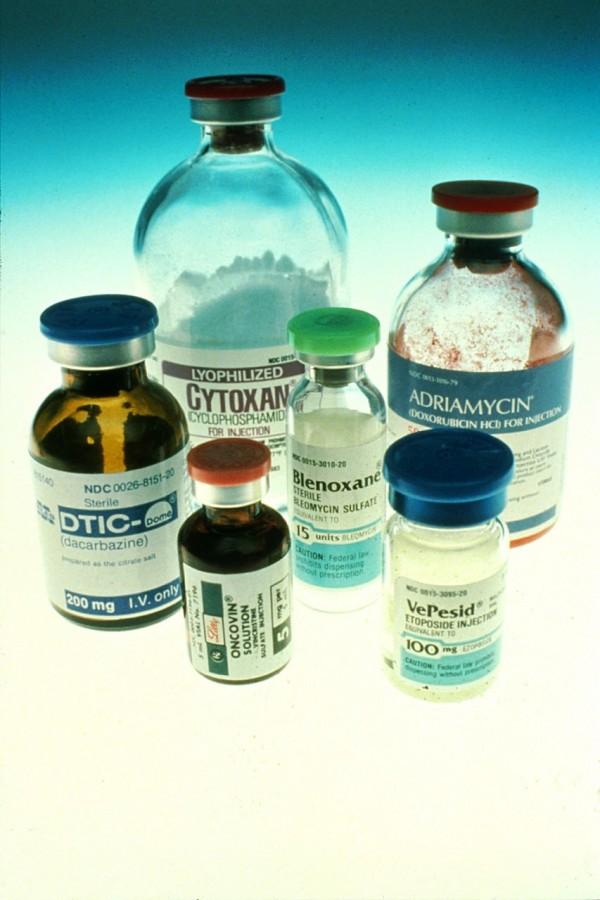First, Do No Harm
Chemotherapy takes its toll.
“Primum non nocere. First, do no harm.” It’s a phrase that every doctor and medical student worldwide is familiar with. The idea is simple: to rethink or even refrain from procedures or protocol that may cause further damage to a patient’s wellbeing. But by wellbeing, are we considering a person’s mental and emotional state, or their physical health? This is the question that has arisen in the state of Connecticut during the court case regarding a 17-year-old who wishes to refuse her chemotherapy treatment. “I believe in the quality of my life, not the quantity,” claims Cassandra, “I entirely understand that death will be the outcome without the chemo.” However, despite her own personal vindications against chemotherapy treatment, her doctors say otherwise. They claim that the 85% chance of recovery from Hodgkin’s Lymphoma, the type of cancer Cassandra suffers from, proves that any possible chemotherapy side effects are worth the risk. After a case regarding the “mature minor doctrine”, a doctrine that seeks to determine whether a minor is mature and grounded enough to make clear decisions regarding their future, the Supreme Court of Connecticut has decided that Cassandra, despite her own wishes as well as her mother’s, will be put forcibly through chemotherapy from the confinement of the Connecticut Children’s Medical Center. She underwent surgery to install a port in her chest through which to administer this treatment, again without her consent.
The lack of individual rights that minors can possess is quite clear. People under 18 can fight for medical or other emancipation from their parents or guardians in a court of law, and in some places the “mature minor doctrine” applies. However, access to legal services for young people is not always easy to receive. Cassandra’s case is unique as it was not only her decision but her mother’s as well. In most cases a parent or guardian, wrongly or not, has almost total control over the medical health of their child. Child Welfare has decided that allowing Cassandra to reject the forms of treatment offered to her is equal to neglect, and so the mother’s decision as a parent has been overturned as well. This case is a question of whether or not personal decisions should be acted upon if they harm one’s health. But more so, it’s an argument for the right of individuals to decide what happens to their own bodies. This is a conviction we have seen in other areas recently, such as pro-choice cases, drug use, and suicide. Will decisions about personal medical health be the next issue to be viewed from this lens?
Cassandra’s lawyer, Mr. Sexton, claims that the family may continue fighting in court. For now, Cassandra has no choice but to continue her chemotherapy until the date of her 18th birthday. From there, she can decide whether to finish her treatment or pursue other forms of care, or perhaps even cease medical help altogether. The choice will be hers, finally, as an adult. Currently she sits with a port in her chest, awaiting the next dose of the chemical cocktail she tried to refuse with no way to avoid her “cure”. Reportedly, she is allowed only sparing visits from her mother and other forms of communication are restricted. The emotional harm being caused to her seems to outweigh the physical benefits she never sought in the first place, and “primum non nocere” is left in the dust.
Sources:
